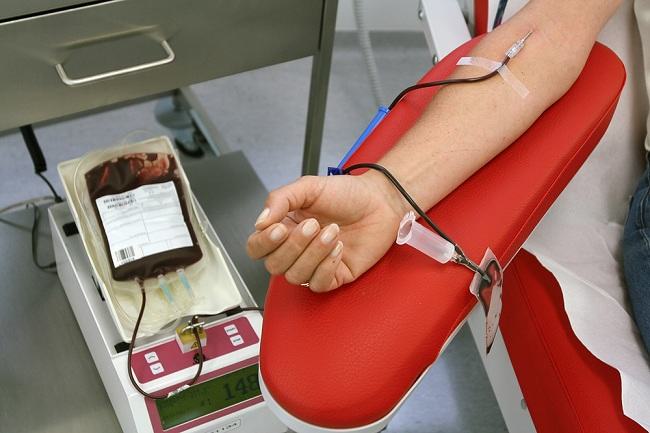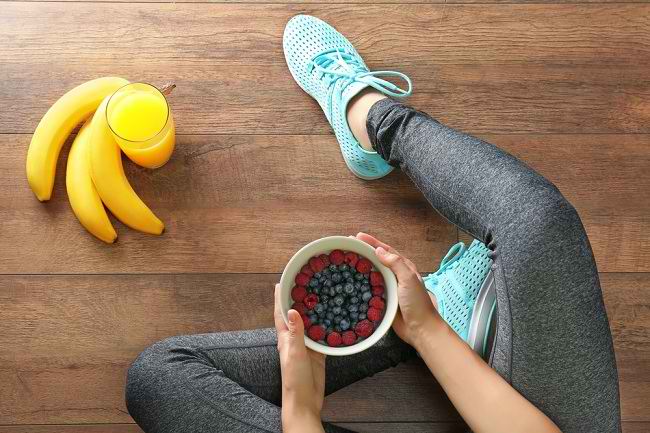Can diabetics eat sugar? If so, how much sugar for diabetics? This is important to know because diabetics must control their sugar levels to avoid complications.
Sugar is one of the body's main sources of energy. Consuming sugar in sufficient quantities can certainly provide a variety of benefits for the body. But for diabetics, consuming excessive amounts of sugar can certainly increase blood sugar levels which can be dangerous.

Recommendations for Maximum Sugar Intake for Diabetics
Referring to the recommendation of the Ministry of the Republic of Indonesia, sugar intake under normal conditions is a maximum of 50 grams or the equivalent of 4 tablespoons per day.
Diabetics are recommended to consume no more than 50 grams of sugar per day. These sugars include white sugar, palm sugar, and sugar in other forms. Keep in mind, carbohydrates are also a source of sugar, and diabetics are recommended to consume carbohydrates for 45-65% of total calorie intake.
Although limited, the use of sugar or glucose in seasoning is still allowed as long as it is not excessive. This is so that people with diabetes can still eat with their families.
However, diabetics are advised to limit the consumption of food or soft drinks, sweets, cookies, soft drinks, packaged fruit juices, canned fruit syrup, which have a fairly high sugar content. Instead, it is advisable to eat natural foods, such as vegetables and fruits.
How to Reduce Sugar Intake
For those of you with diabetes, here are some ways to reduce sugar intake that can be done every day:
- Avoid consuming processed foods which usually contain sugar, salt, and fat which are quite high in them. For example, cakes, biscuits, and various snacks.
- Avoid consuming foods and drinks that contain added sugar, such as soft drinks, candy, canned fruit, fruit juices with added sweeteners.
- Reduce the addition of excessive amounts of sugar in the dishes you cook.
- Always read the nutritional value of packaged foods or drinks that you will consume. This is very important so that you can measure the intake of calories and sugar that will be consumed. As much as possible choose foods or drinks that contain low sugar levels.
- Eat healthy foods, such as vegetables, fruits, whole grains, and low-fat milk. It is also recommended to eat fish that are rich in omega-3 fatty acids, such as salmon, tuna, and sardines.
Diabetics are also advised to exercise regularly. Types of sports that can be done include: jogging, leisurely strolling, and cycling. In addition, don't forget to always have regular check-ups with the doctor, so that sugar levels are kept under control.
Diabetics need to be more careful in choosing the food and drinks they consume. Choose foods with balanced nutrition and sufficient sugar. You can also consult with your doctor for advice regarding the appropriate diet for your condition.









